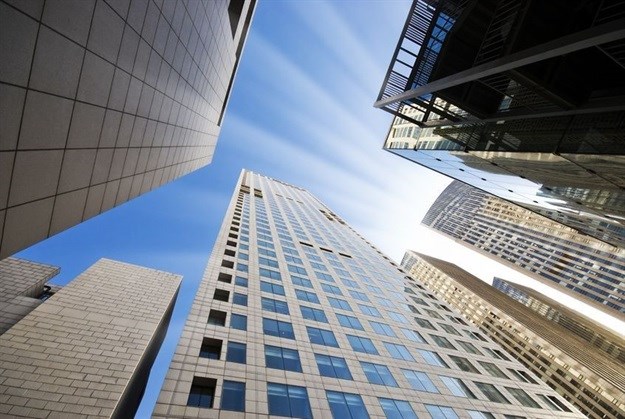
Top stories






More news





ESG & Sustainability
#Sona2026: President announces crisis committee to tackle SA's water challenges









The report reviews investment activity in the South African commercial real estate market and analyses key trends observed from investment sales data.
Zandile Makhoba, head of research for South Africa at JLL comments, “While it is evident it was a difficult year across all asset types with low levels of secondary market investment recorded, commercial real estate remains a solid option for investors.” There are three crucial elements that explain the contraction in 2017.
Compared to profound increases in 2016 and 2015, the slowdown in investment activity in large portfolio sales by 53.9% y/y in 2017 is somewhat exaggerated.
In addition to the completions made in 2017, the national office development pipeline is estimated at a notable 690,000m2 (SAPOA) with similar trends visible in the retail and industrial sector. This questions the long-term value of existing assets in the current economic climate and increases competition for the secondary market.
REITs that traditionally play in the office, industrial and/or retail space showed greater interest in student housing, residential accommodation, and hotels in 2017. Several local REITs also invested in or considered opportunities in Europe, Australia, America and other parts of Africa.
The total number of transactions across South Africa decreased from 250 in 2016 to slightly under 100 last year.
On the retail front, transactions amounted to just over R6.1bn, a 14% decline in value compared to 2016. Interestingly, the transaction volume recorded a 65% decline compared to 2016. This indicates that transactions that took place were of high value despite fewer properties exchanging hands, further proof that property owners on the sell-side are driving for higher value transactions rather than focusing on the number of transactions.
Looking at office transactions, the total investment value came to R3.81bn for 2017, a 53.8% decline compared to 2016. While the poor economic climate is one reason for the low transactions performance, the fact that R5.8bn worth of new office buildings were completed last year is another. It highlights the increased demand for new higher quality office accommodation over existing stock.
Then, in the industrial sector, 2017 produced an inferior performance for the sale of existing assets – the lowest value since 2013. However, it would be remiss to see this decline as a lack of confidence on the side of investors. In contrast, what is evident is that investors are looking to initiate large scale greenfield developments (such as the Aeroton Business Park in KwaZulu-Natal). Instead of acquiring existing assets, investors are building hi-tech projects from the ground up and in some cases are catering to specific requirements of pre-let occupiers.
Going into 2018, the improved political climate could certainly swing investor sentiment. However, there are a few drivers that point to a more gradual recovery in outlook. One is that portfolio deals for companies with distressed balance sheets are likely to reduce as economic outlook improves (these were a 2017 trend on the seller’s side). Another is that the option to invest in development sites or newly completed assets may see investors delaying capital expenditure until these options have reached completion. The market remains starved of high quality assets.
Makhoba adds, “Lastly, with investors looking at ways to diversify, asset type and geographical diversification could reduce demand for 'traditional' investments. That said, we are certainly moving into a more stable investment climate where commercial real estate remains a solid option for investors.”